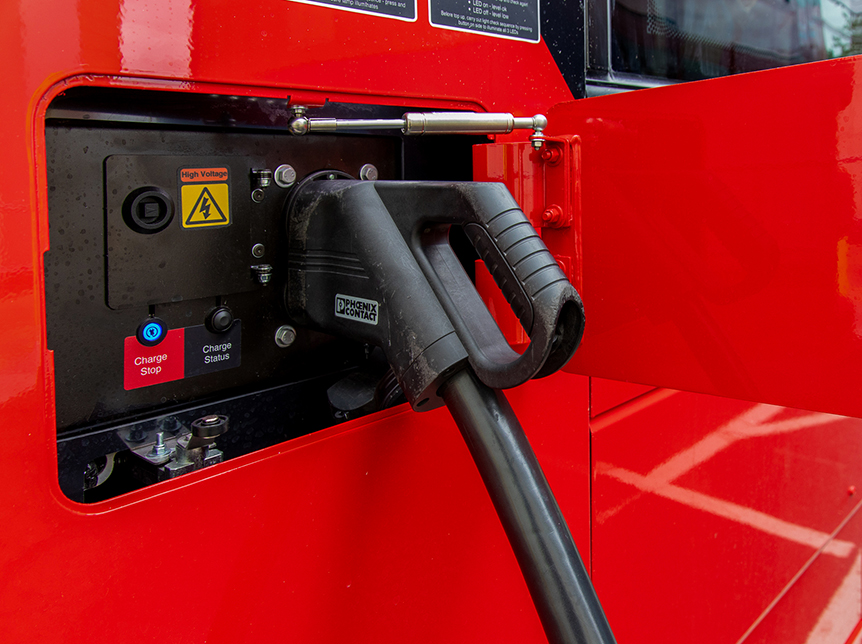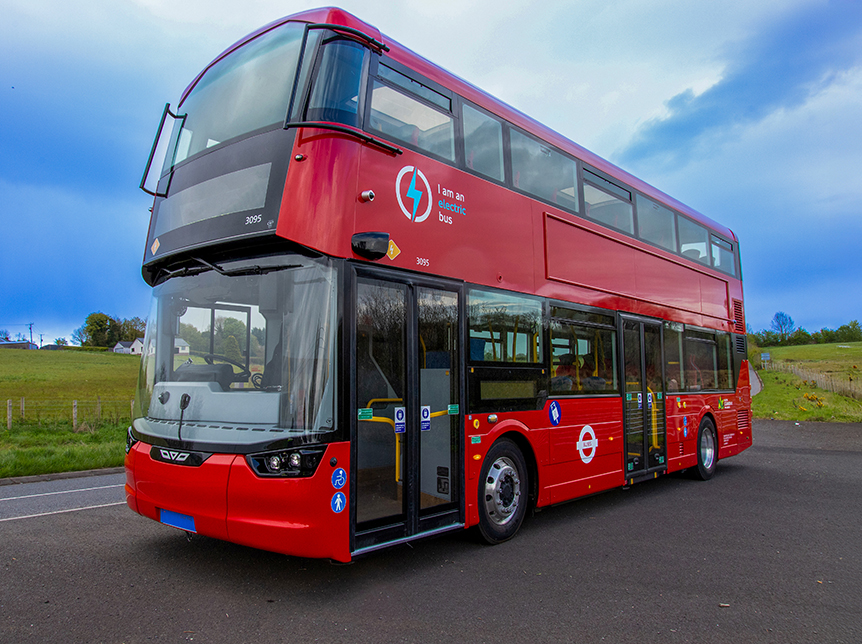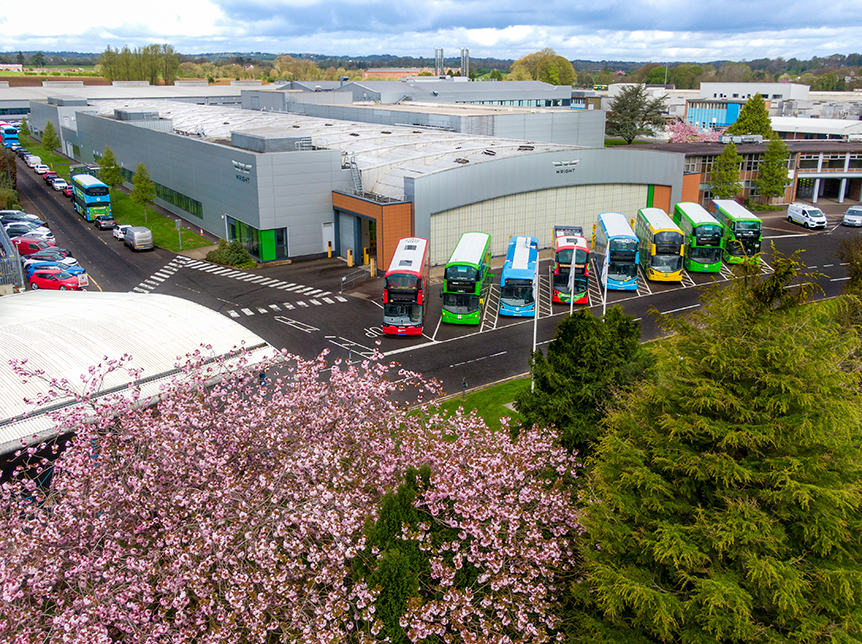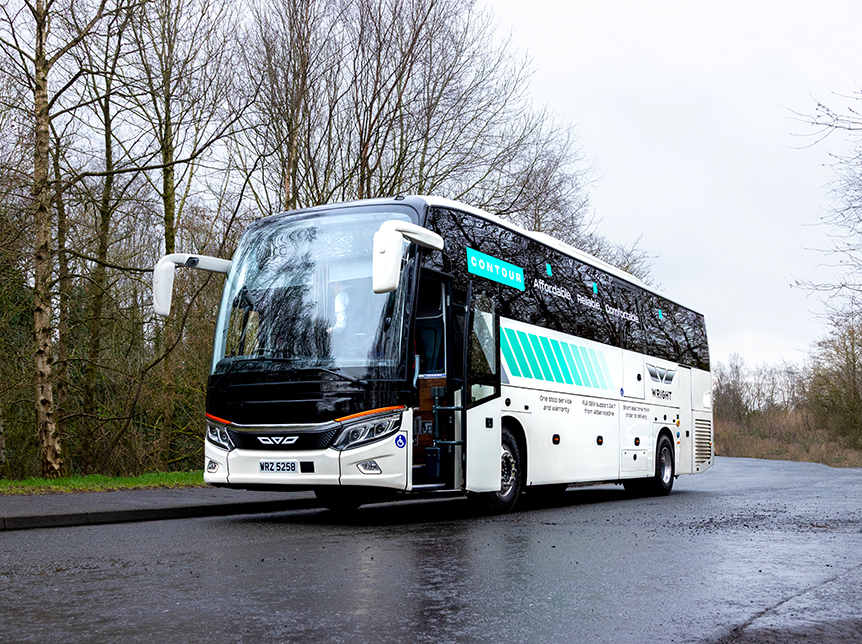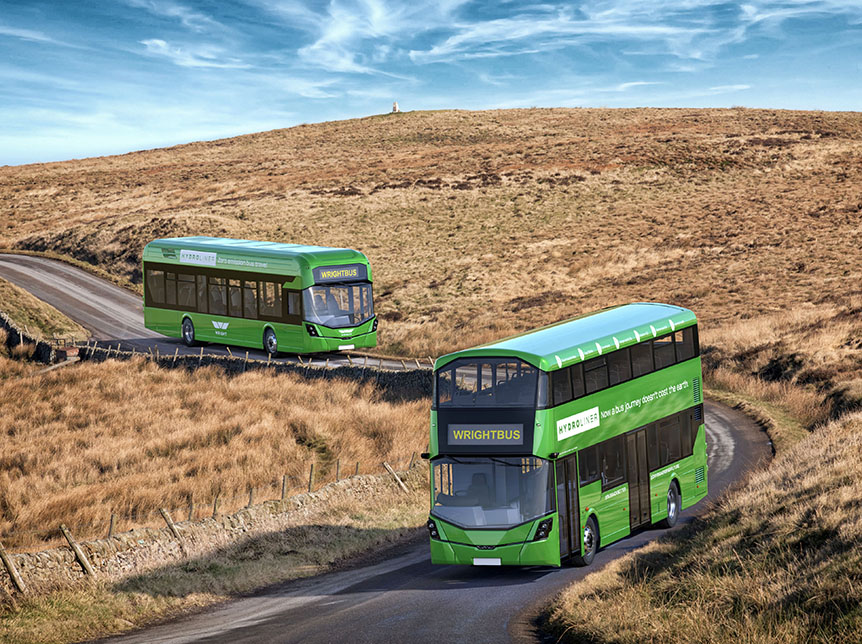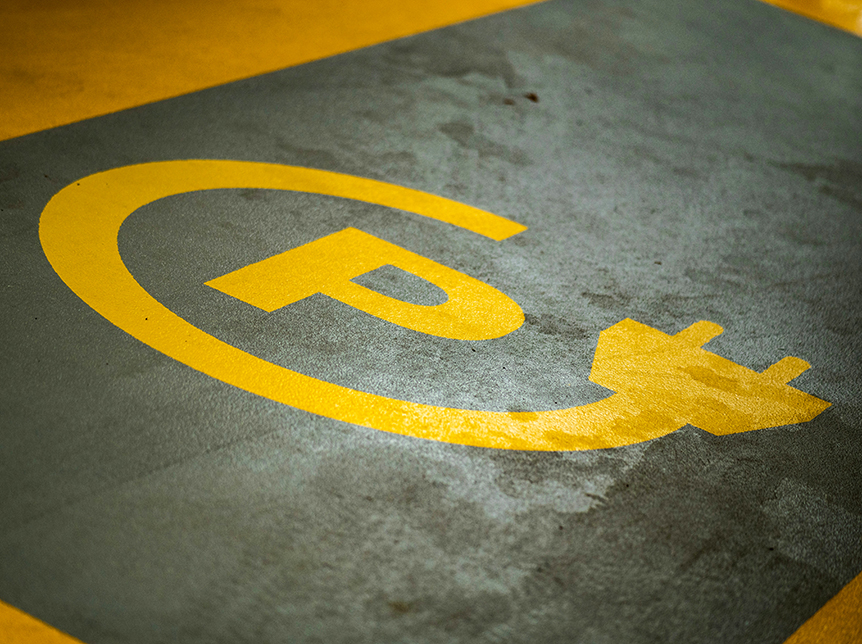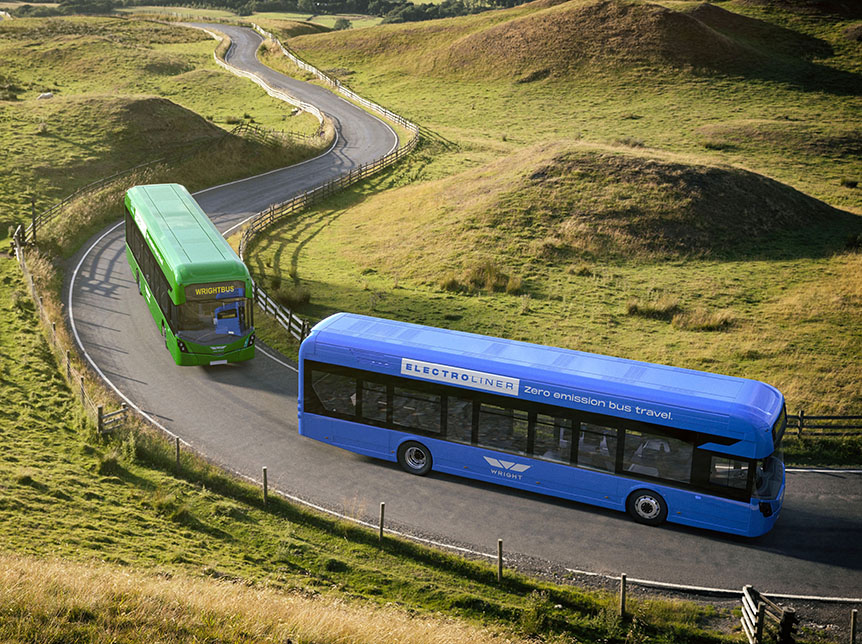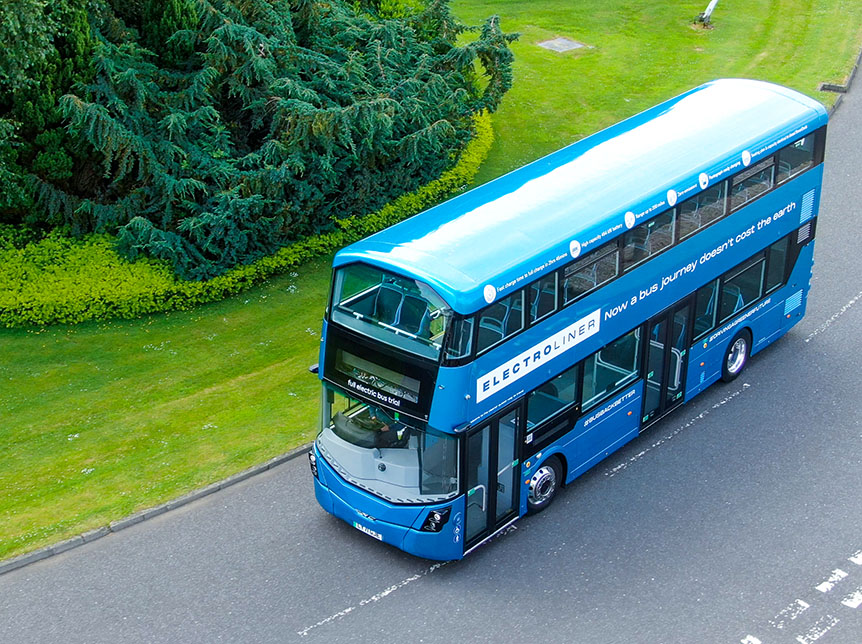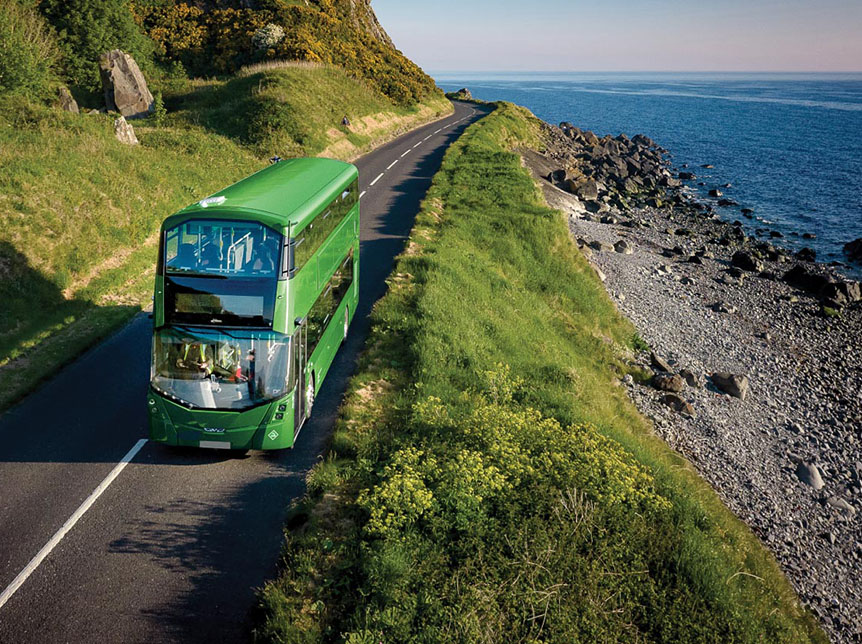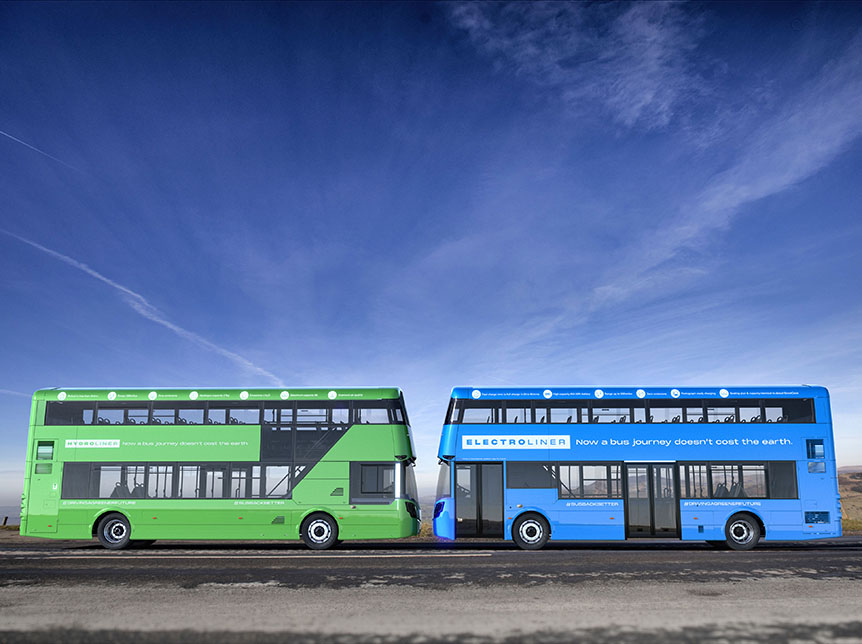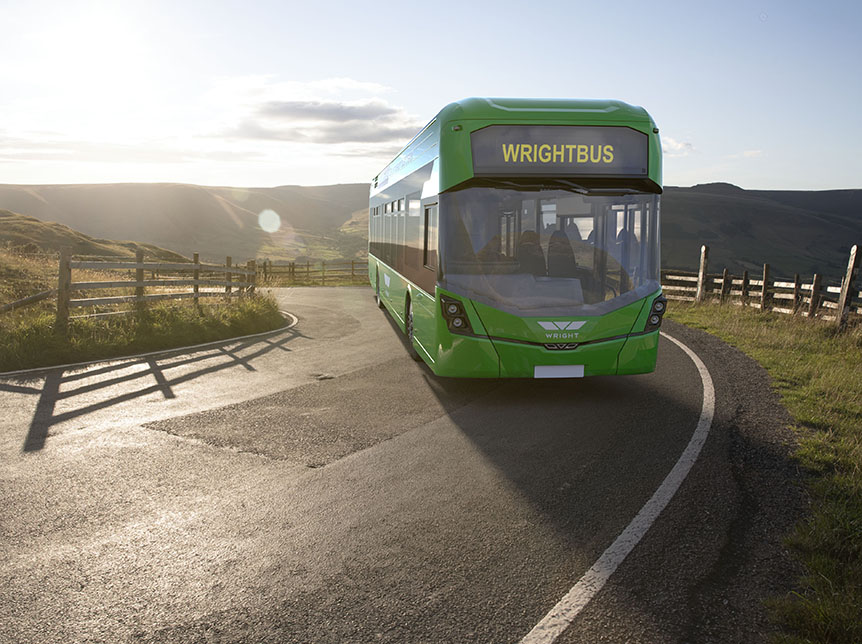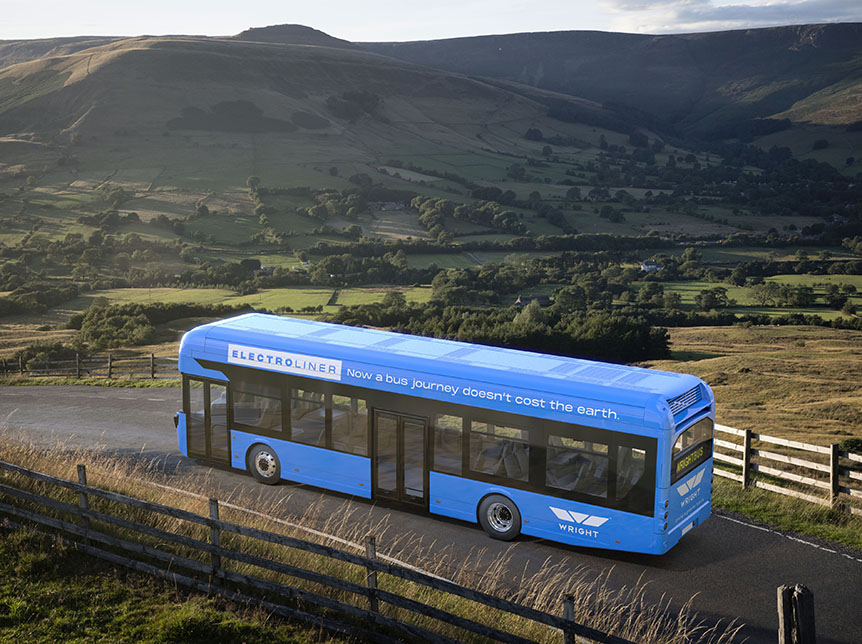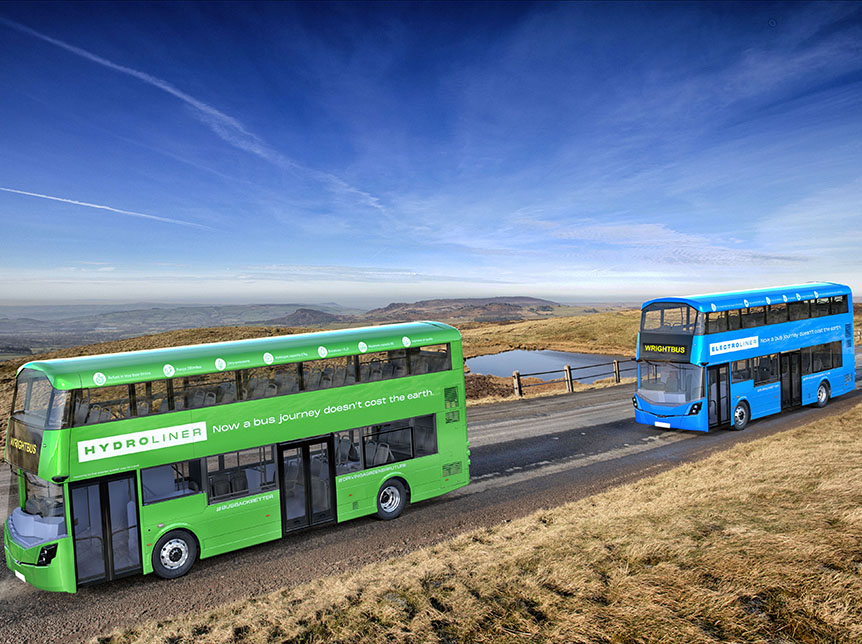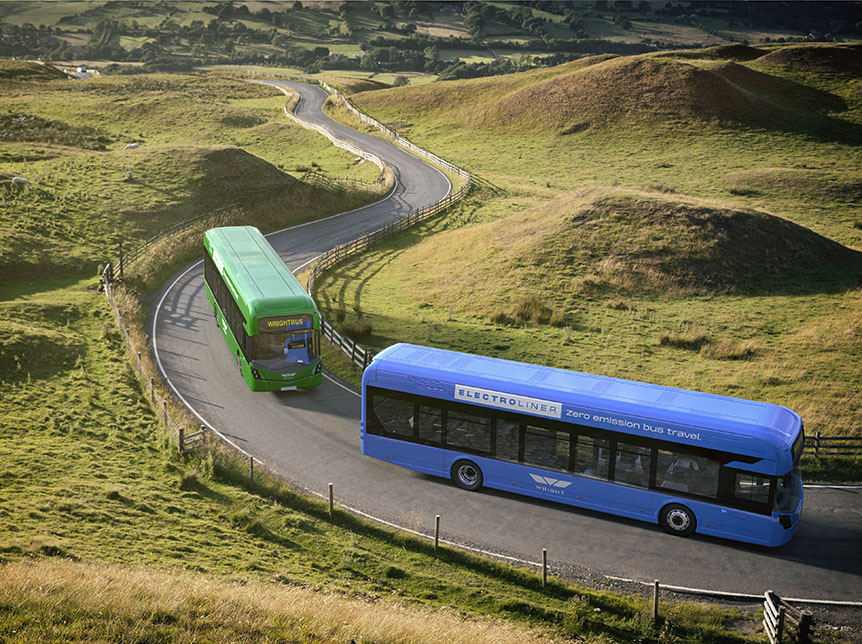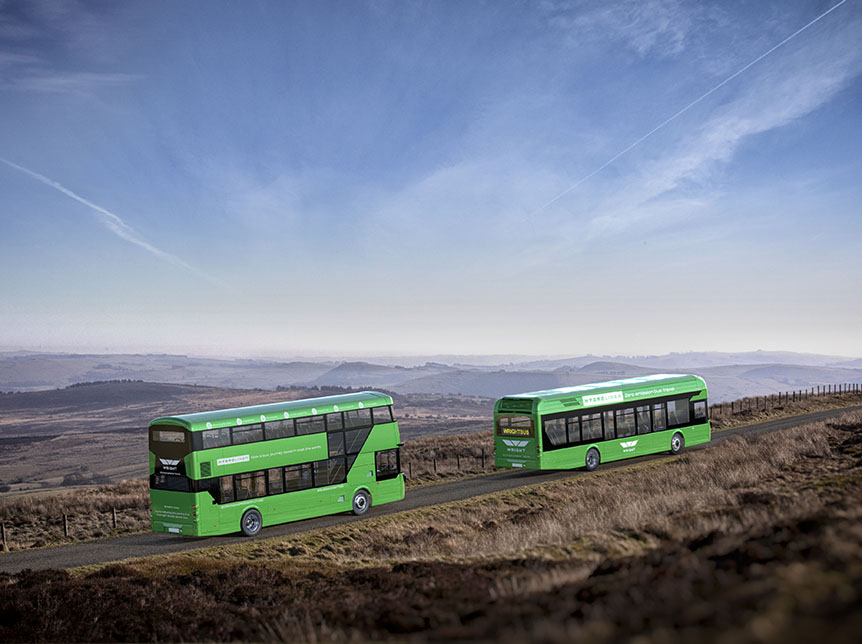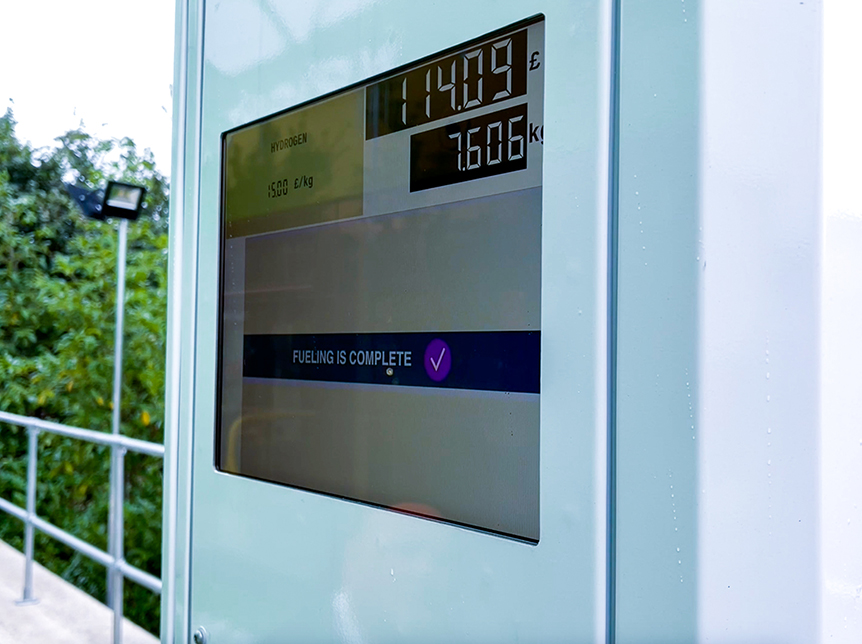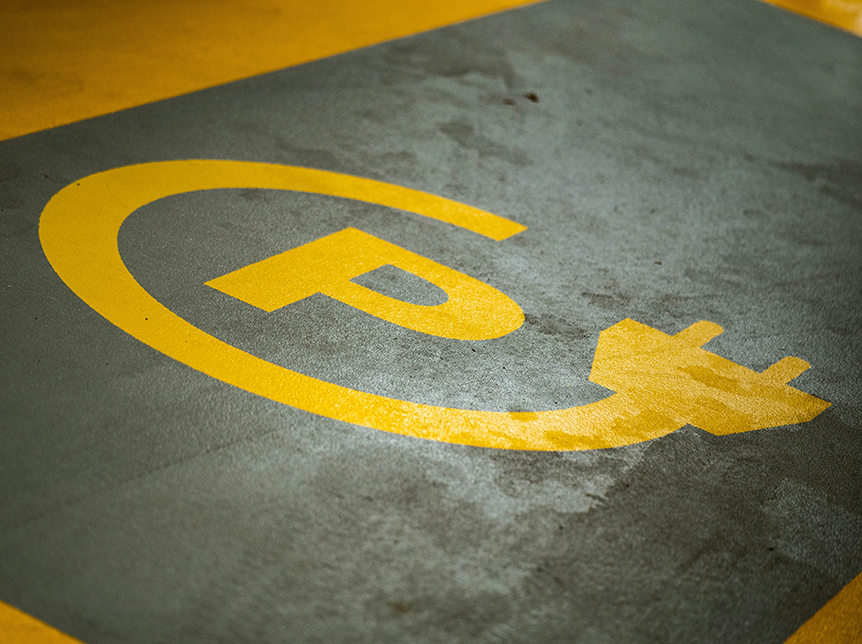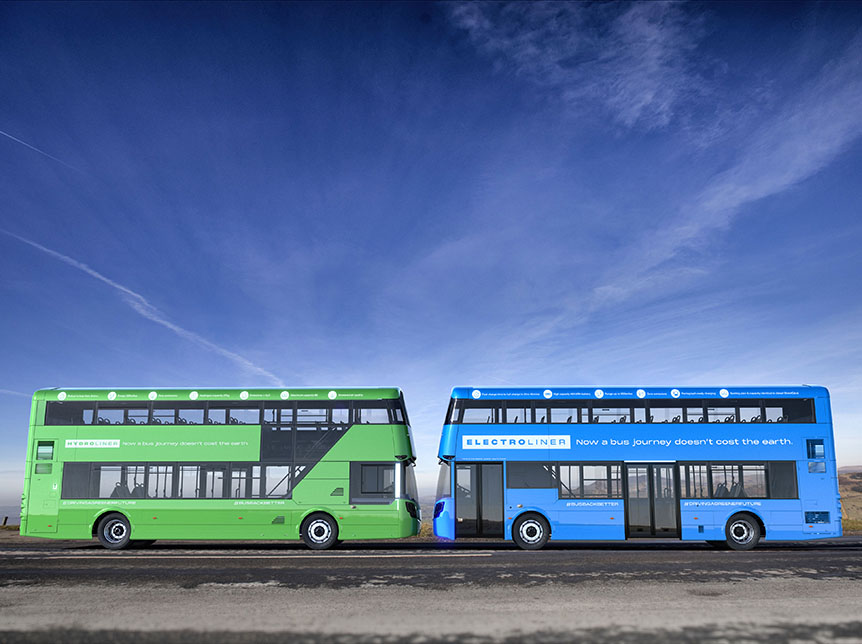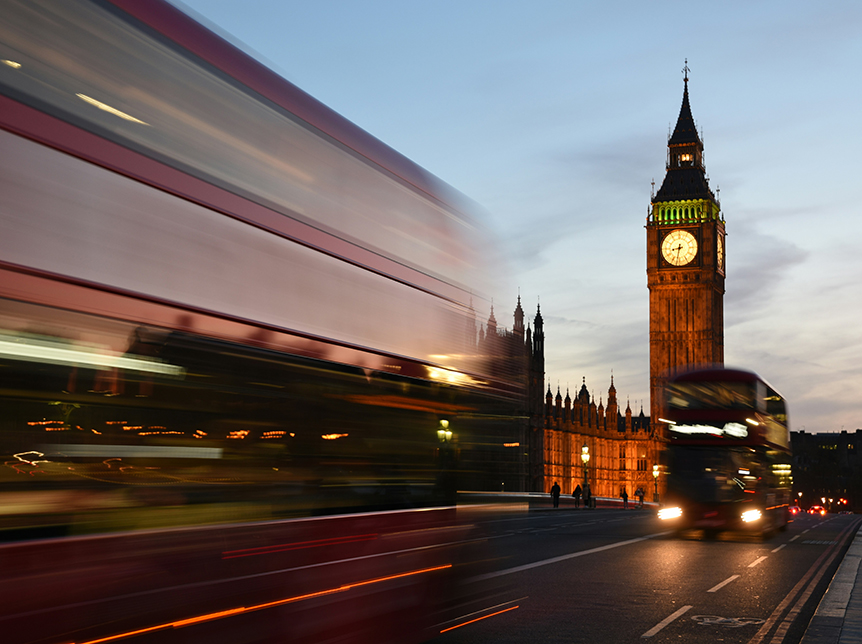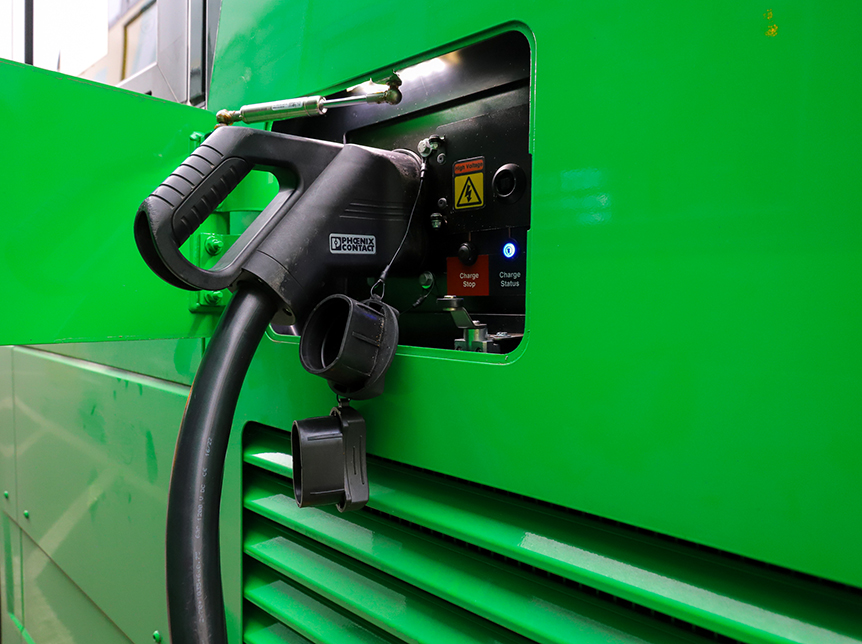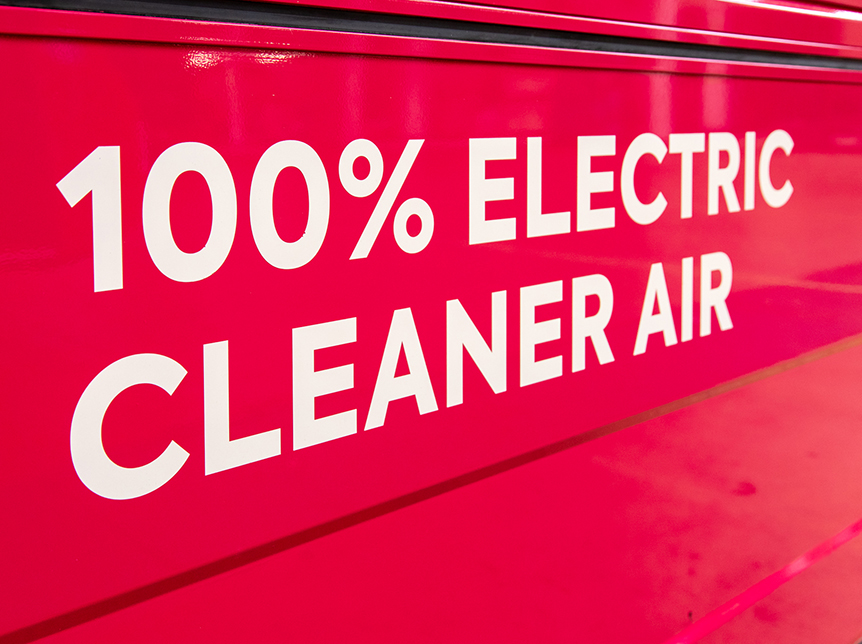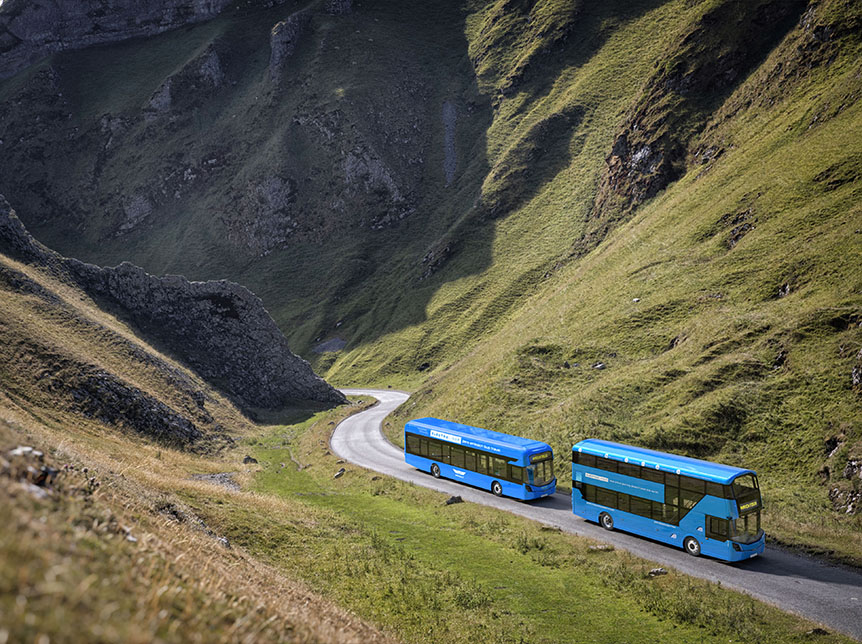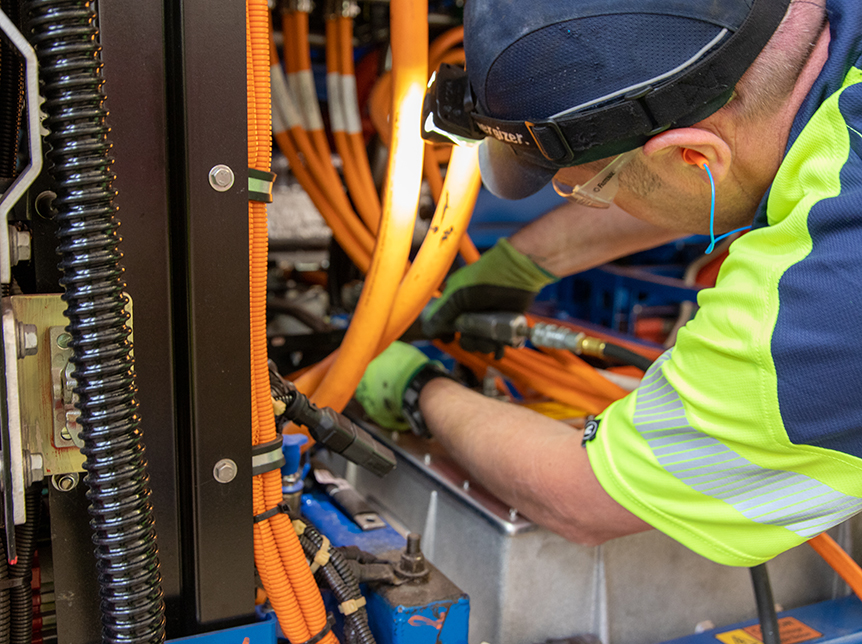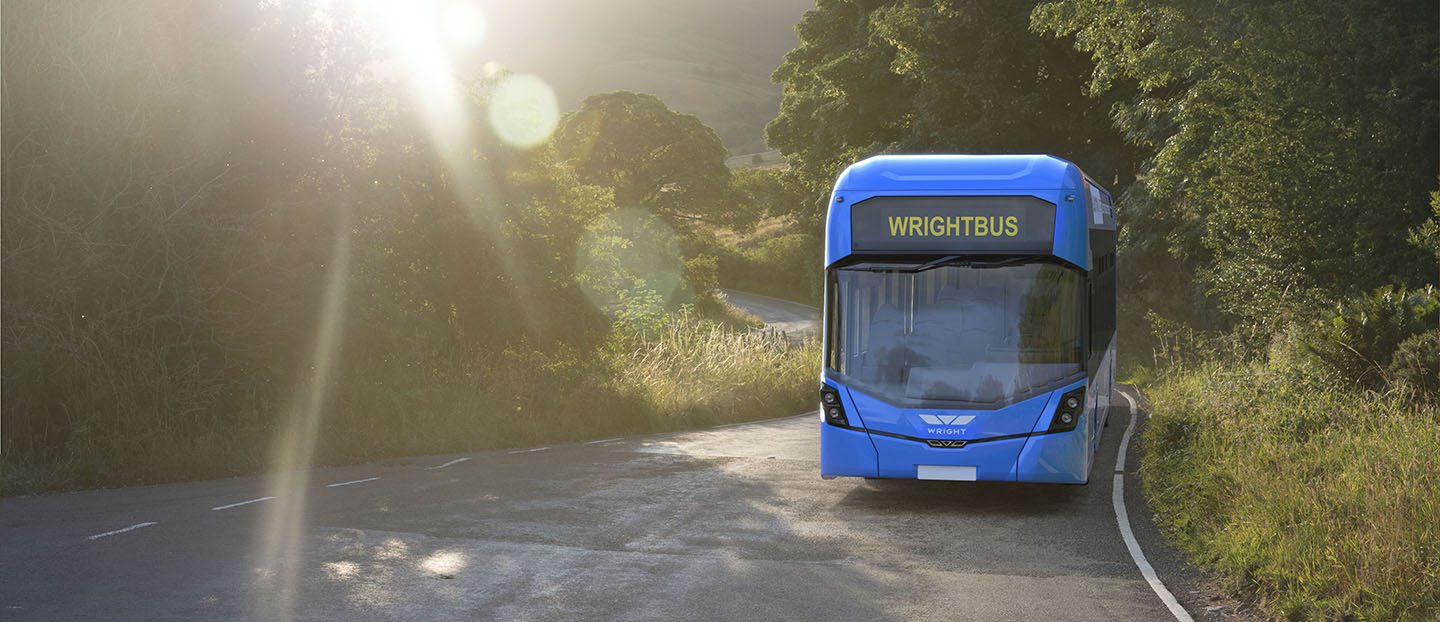
Single decker electric buses are rapidly becoming a key part of the solution for sustainable urban mobility. By combining the simplicity of the single decker design with the benefits of electric propulsion, these buses offer a cleaner, more energy-efficient way to meet the transportation needs of cities. As cities look for ways to reduce pollution and enhance public transportation systems, electric buses are playing an increasingly important role in creating greener and more sustainable urban environments.
What Are Single Decker Electric Buses?
Single decker electric buses are vehicles powered entirely by electricity, with no internal combustion engine. These buses rely on high-capacity batteries that can be charged through a plug-in system or via other means such as inductive charging. The electric motor provides the energy needed to propel the vehicle, making them an environmentally friendly alternative to traditional diesel buses.
The single decker bus design is ideal for routes with moderate passenger demand or where space is limited. These buses are typically more compact and maneuverable than double-decker buses, making them perfect for narrow streets and urban areas with high traffic. When paired with electric technology, single decker buses offer a practical and sustainable transportation option for cities aiming to reduce emissions and improve air quality.
Benefits of Single Decker Electric Buses
1. Zero Emissions: One of the biggest advantages of single decker electric buses is that they produce zero tailpipe emissions. Unlike traditional diesel buses, which emit harmful pollutants such as nitrogen oxides and particulate matter, electric buses contribute to cleaner air and healthier urban environments. By reducing harmful emissions, these buses play a key role in achieving carbon reduction goals and improving public health.
2. Cost Efficiency: Electric buses generally have lower operating costs compared to diesel buses. They are more energy-efficient, require less maintenance, and benefit from the lower cost of electricity versus diesel fuel. Over time, these cost savings can make electric buses a more economical option for city transit authorities, despite the higher initial investment in electric vehicles.
3. Enhanced Passenger Experience: Electric buses offer a quieter and smoother ride compared to their diesel counterparts. With no engine noise and less vibration, passengers can enjoy a more comfortable and peaceful journey. This makes electric buses an attractive option for people seeking a more enjoyable public transportation experience.
4. Reduced Carbon Footprint: Electric buses, particularly single decker models, contribute to reducing a city’s overall carbon footprint. The use of renewable energy sources to charge the batteries further enhances the sustainability of electric buses, helping to move toward a zero-emission transportation network.
5. Flexibility and Efficiency: Single decker electric buses are compact and versatile, making them ideal for routes with variable passenger demand or challenging urban environments. These buses can navigate narrow streets and crowded areas more easily, improving the overall efficiency of the public transport system.
Challenges and Considerations
While single decker electric buses offer many advantages, there are challenges to their widespread adoption. The initial cost of electric buses and the infrastructure required for charging can be significant. Cities will need to invest in reliable charging stations and ensure that the power grid can handle the increased demand for electricity. Additionally, battery range and charging time are factors to consider, although advancements in battery technology are helping to address these concerns.
Conclusion
Single decker electric buses are a crucial component of the transition to more sustainable, efficient, and environmentally friendly urban transport. With their zero-emission operation, lower operating costs, and improved passenger experience, they are helping cities reduce pollution, lower transportation costs, and provide cleaner, greener alternatives for the future. As technology continues to advance and infrastructure develops, the adoption of electric buses will play a pivotal role in shaping the future of public transportation.
Read more
The Double Decker Electric Buses: Revolutionizing Urban Transportation
Read onElectric Buses and Hydrogen Vehicles: Driving the Future of Sustainable Transportation
Read onHybrid Buses: The Future of Sustainable Double Decker Transportation
Read onThe Future of Public Transit: Single Decker Buses and Hydrogen Fuel Cell Vehicles
Read onExploring the Future of Transportation: Battery Electric Vehicles and Double Decker Buses
Read onNavigating Urban Landscapes: The Versatility of Single Deck Buses and Double Deck Buses
Read onLondon's Bendy Bus Legacy and the Innovation of London Electric Vehicle Company
Read onPioneering Zero-Emission Transport: The Rise of Electric Bus Companies in the UK
Read onEmbracing Tomorrow's Roads: Zero-Emission vs. Battery Electric Vehicles
Read onThe Perfect Blend: Exploring Hybrid Electric Vehicles and the Role of Coach Builders
Read on
Get in touch
Wrightbus has been at the forefront of transport innovation since 1946, relentlessly pushing the boundaries with its commitment to quality, style and safety.
